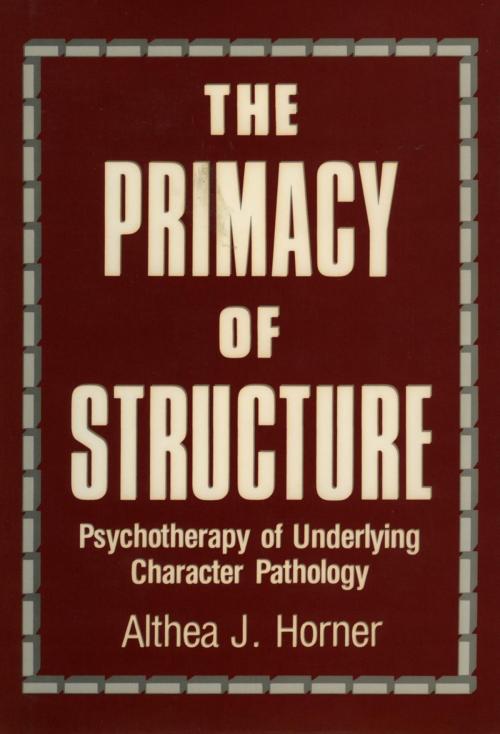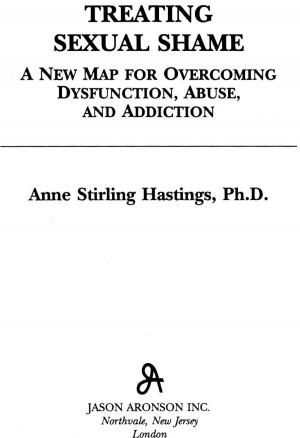The Primacy of Structure
Psychotherapy of Underlying Character Pathology
Nonfiction, Health & Well Being, Psychology, Counselling, Personality| Author: | Althea J. Horner PhD | ISBN: | 9781461744108 |
| Publisher: | Jason Aronson, Inc. | Publication: | July 7, 1977 |
| Imprint: | Jason Aronson, Inc. | Language: | English |
| Author: | Althea J. Horner PhD |
| ISBN: | 9781461744108 |
| Publisher: | Jason Aronson, Inc. |
| Publication: | July 7, 1977 |
| Imprint: | Jason Aronson, Inc. |
| Language: | English |
In "The Primacy of Structure" Althea Horner argues that effective psychotherapeutic intervention depends on the understanding of clinical symptoms in terms of the patient's underlying character structure. For example, obsessive behavior that functions to hold together a fragile, inadequately integrated self must be distinguished from obsessive behavior that defends against awareness of guilt and anxiety. In evaluating patients, Dr Horner asks herself whether he or she was well integrated and well differentiated before the presenting complaint, or a borderline individual already at risk. These facts are critical for the patient's therapy. In Part I Dr Horner discusses the development of character, in Part II character pathology, and in Part III the treatment of character pathology. Mental health professionals will find this a useful guide to psychotherapy of the character problems that lie behind their patients' presenting symptoms.
In "The Primacy of Structure" Althea Horner argues that effective psychotherapeutic intervention depends on the understanding of clinical symptoms in terms of the patient's underlying character structure. For example, obsessive behavior that functions to hold together a fragile, inadequately integrated self must be distinguished from obsessive behavior that defends against awareness of guilt and anxiety. In evaluating patients, Dr Horner asks herself whether he or she was well integrated and well differentiated before the presenting complaint, or a borderline individual already at risk. These facts are critical for the patient's therapy. In Part I Dr Horner discusses the development of character, in Part II character pathology, and in Part III the treatment of character pathology. Mental health professionals will find this a useful guide to psychotherapy of the character problems that lie behind their patients' presenting symptoms.















